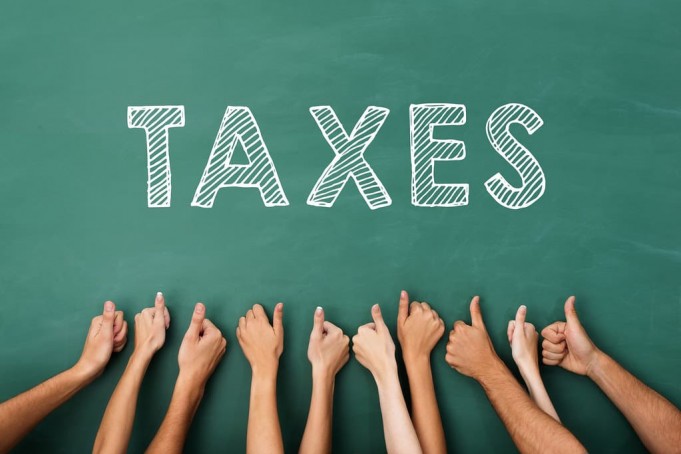If you happen to pay taxes on personal property and owned real estate, then they might be deductible from your federal income tax bill. In general, most and local tax authorities tend to calculate property taxes based on the value of the homes located within their areas. Now, if you are an individual who pays either type of property tax, then claiming the tax deduction is a very simple matter of itemizing your deductions. You can do this on Schedule A of Form 1040.
Personal Property Taxes that Produces Income
Some states, cities, as well as countries, happen to assess property taxes on varied types of owned property that produces income. Local districts have their list regarding what type of property should be taxed. And they also specify how taxpayers should determine the item’s taxable value. For instance, in Florida’s Miami-Dade County, taxpayers are required to use the fair market value of the property as the taxable value.
Real Property Tax
Now for homeowners who happen to itemize their tax returns, they can deduct the property taxes they pay on their main residence and any other real estate they own. This happens to be inclusive of property taxes they pay starting from the date they purchased the property.
You will be able to find the official sale date listed on the settlement statement you got at closing. Also, keep note, if you agreed to pay the seller’s delinquent taxes from an earlier year. At the time you close the sale then you will not be permitted to deduct them on your tax return. This payment has to be treated as part of the cost of buying the home and not as a property tax deduction.
From the beginning of 2018, the total amount of deductible state taxes, local income taxes, including property taxes, has been limited to $10,000 per year.
Non-Deductible Real Property Charges
On your real estate property tax bill, certain items tend to look like taxes but are miscellaneous charges that are not at all deductible. Some of these include –
- Fees for the delivery of services such as trash collection or water
- Flat fees to satisfy fines such as charges for mowing your lawn against the compliance of local law
- Assessments for local benefits. This includes charges such as constructing a sidewalk outside your house.
However, you can deduct costs of maintenance and repairs, only if the tax authority happens to itemize these amounts in your bill.
Taxes Which are Paid Through Escrow Accounts
If you are an individual who pays his/her real property taxes by depositing money into an escrow account every month as part of the mortgage payment, then you need to make sure you do not treat the entire payment as a property tax deduction.
In general, when it comes to the deduction, only the amount that the bank or lender reports to the Internal Revenue Service (IRS) qualifies. This is because the amount you must pay to an escrow account gets adjusted yearly to be as close as possible to the precise amount due. That being said, it is rarely the same amount.









